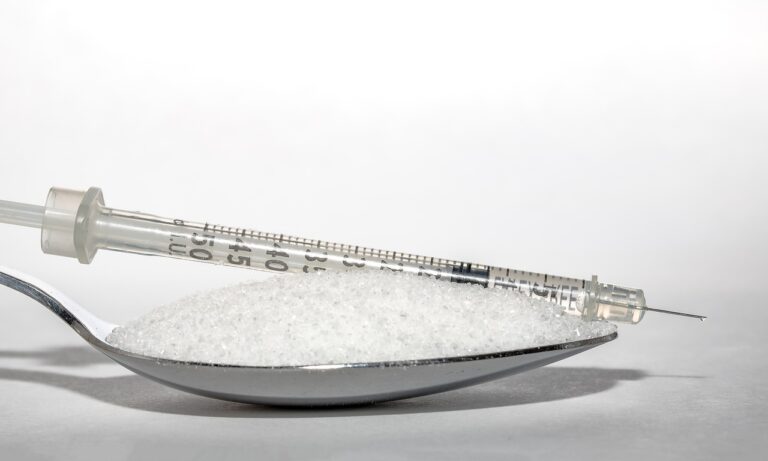Understanding and Managing Bipolar Disorder in Children
Bipolar disorder in children can manifest through distinct signs and symptoms that are crucial to identify early on. These may include extreme mood swings, ranging from intense periods of elevated energy and euphoria to episodes of intense sadness and hopelessness. Additionally, children with bipolar disorder may experience changes in their sleep patterns, such as insomnia or sleeping excessively, as well as exhibiting impulsive behaviors that are out of character for their age.
Furthermore, children with bipolar disorder may struggle with maintaining focus and attention, leading to difficulties in school or social settings. They may also display irritability, hostility, or aggressive behavior towards others, which can be challenging for parents and caregivers to navigate. It is important to recognize these signs and symptoms to seek appropriate support and interventions for children with bipolar disorder.
• Extreme mood swings, ranging from elevated energy to intense sadness
• Changes in sleep patterns, such as insomnia or excessive sleeping
• Impulsive behaviors that are out of character for their age
• Difficulty maintaining focus and attention, impacting school and social settings
• Irritability, hostility, or aggressive behavior towards others
Diagnosis and Assessment of Bipolar Disorder in Children
Diagnosing and assessing bipolar disorder in children can be complex and challenging due to the overlap of symptoms with other mental health conditions. It requires a comprehensive evaluation by mental health professionals, including psychiatrists and psychologists, who specialize in working with children and adolescents. The assessment typically involves gathering information from multiple sources, including parents, teachers, and the child themselves, to get a full picture of the child’s behavioral and emotional patterns.
One important aspect of the assessment is ruling out other potential causes of the symptoms, such as attention-deficit/hyperactivity disorder (ADHD) or conduct disorder. This process may involve conducting psychological testing, observing the child in different settings, and tracking their symptoms over time. It is essential for healthcare providers to take a thorough and holistic approach to ensure an accurate diagnosis and appropriate treatment plan for children with bipolar disorder.
Importance of Early Intervention for Bipolar Disorder in Children
Early intervention for bipolar disorder in children is crucial for improving long-term outcomes and quality of life. Detecting and addressing symptoms at a young age can prevent the disorder from escalating and causing further harm to the child’s mental health. By providing timely treatment and support, early intervention can help children manage their symptoms effectively and lead fulfilling lives.
Without early intervention, bipolar disorder in children can lead to severe emotional distress, disruptions in school performance, and strained relationships with family and peers. Therefore, it is essential for parents, teachers, and healthcare professionals to be vigilant of potential signs and seek assistance as soon as symptoms arise. By addressing the disorder early on, children can learn coping mechanisms, receive appropriate therapies, and develop the skills needed to navigate their emotional challenges.
What are some signs and symptoms of bipolar disorder in children?
Some signs and symptoms of bipolar disorder in children include extreme mood swings, irritability, impulsivity, hyperactivity, reckless behavior, and changes in sleep patterns.
How is bipolar disorder in children diagnosed and assessed?
Bipolar disorder in children is typically diagnosed and assessed through a comprehensive evaluation by a mental health professional, which may include a physical exam, interviews with the child and their family, and observation of the child’s behavior.
Why is early intervention important for children with bipolar disorder?
Early intervention is important for children with bipolar disorder because it can help to manage symptoms, improve quality of life, prevent complications, and promote healthy development. Early treatment can also help to reduce the risk of future episodes.







